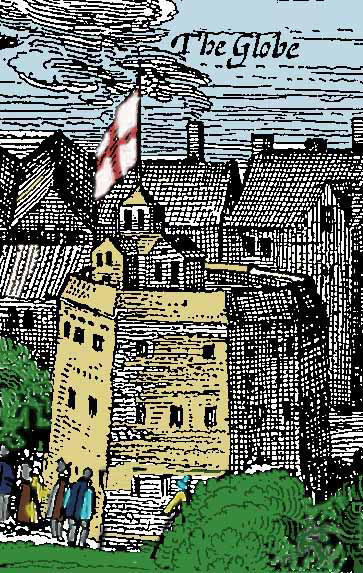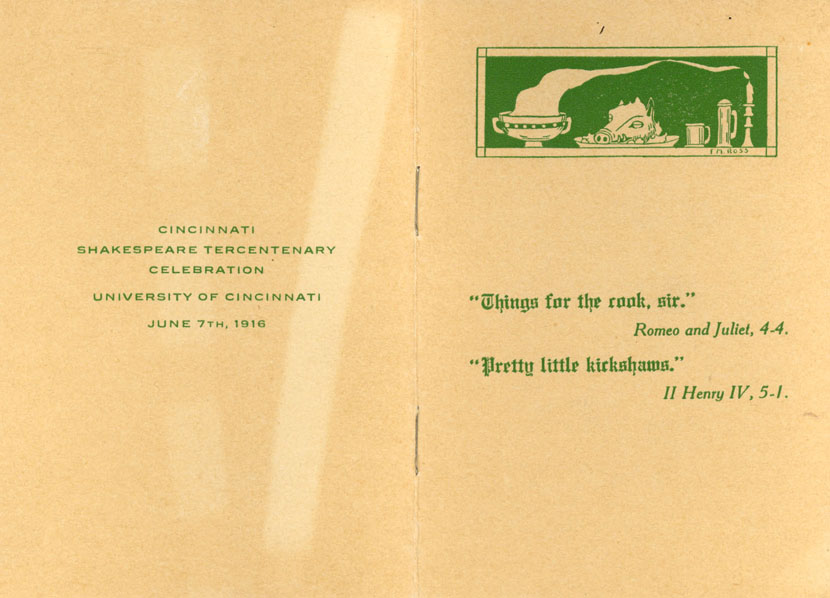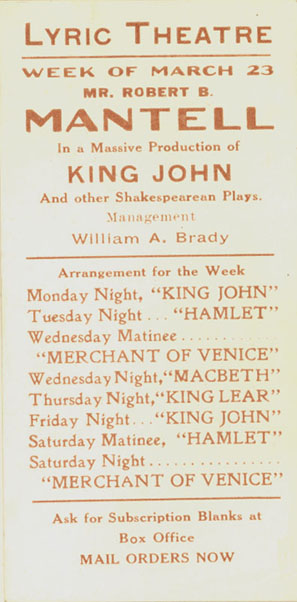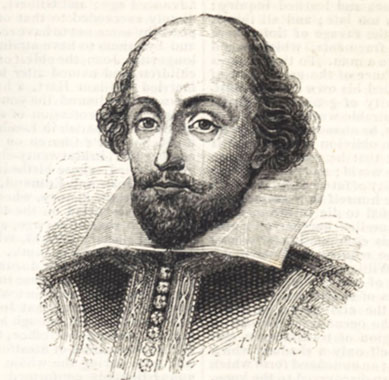By: Sydney Vollmer, ARB Intern
 Sure, and you’ve wondered about your heritage? Where did you come from? Where did it all start? And surely, you’ve wondered these same questions about the books you read?
Sure, and you’ve wondered about your heritage? Where did you come from? Where did it all start? And surely, you’ve wondered these same questions about the books you read?
Much of Cincinnati has Irish heritage, and you probably know that. But did you know that the story of Hamlet also has Irish roots? It’s true. It has often been said that Shakespeare probably stole the idea for his play from the works of the Scandinavian poet, Snow Bear. However, Dr. Lisa Collinson of the University of Aberdeen has researched the origin of the Dane’s story for years and reaches the conclusion that Hamlet’s roots go back even further than Snow Bear. Continue reading




